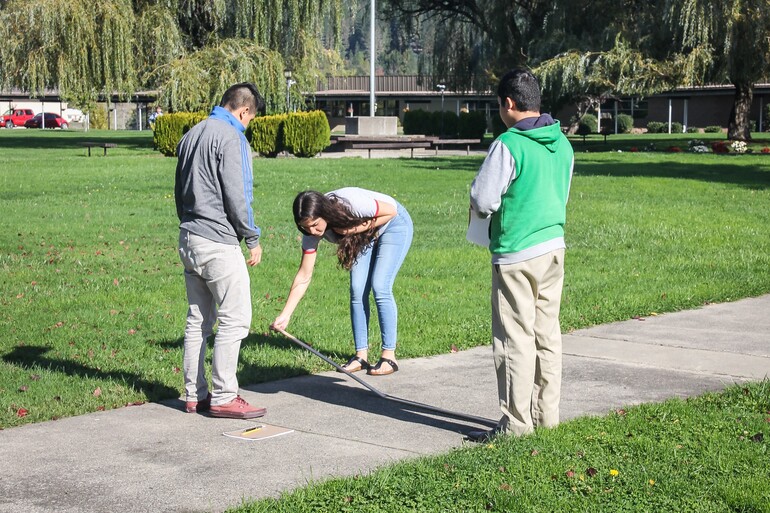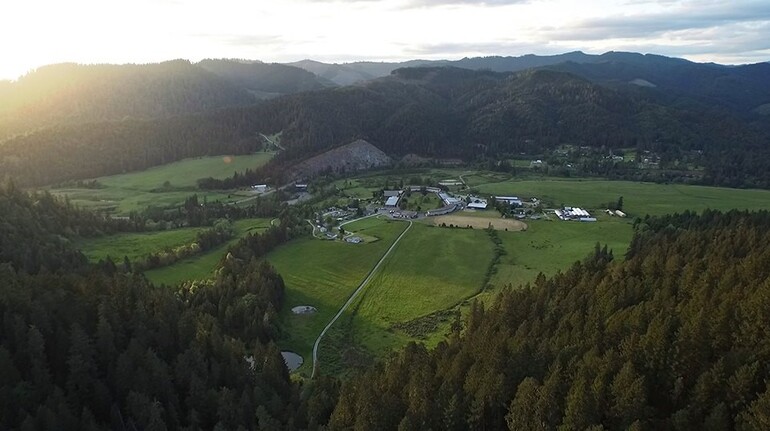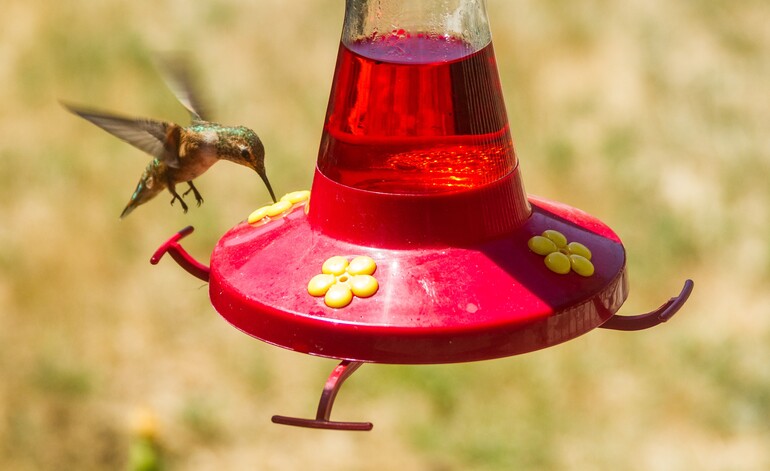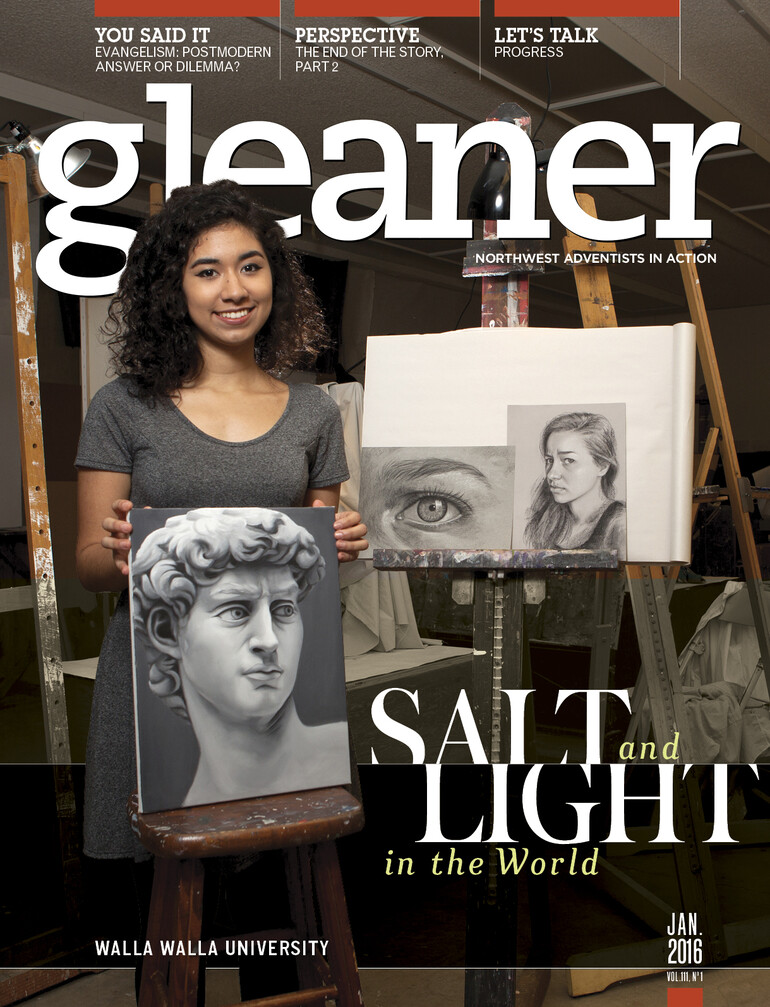In a world where life seems to be increasing in complexity, confusion and even chaos, students at Milo Adventist Academy are blessed to be living in close proximity to nature, God’s second book. Teens have the opportunity to study and work on 408 acres along the South Umpqua River in the forested hill country of southern Oregon.
It would seem Ellen White might have had just such a place in mind when she wrote, “We should choose a location for our school apart from the cities … . Let our students be placed where nature can speak to the senses, and in her voice they may hear the voice of God. Let them be where they can look upon His wondrous works, and through nature behold her Creator“ (Life Sketches, p. 353).
The beauty of God’s creation surrounds the miles of hiking trails and even fills the center of campus. Deer stroll through the oval, seeming to know they are in a safe place. Raccoons love to find cat food on someone’s back porch. From hummingbirds to swallows and Canada geese, myriad birds make Milo their home. Horses and cattle graze in Milo’s pastures. Goats help keep the blackberry bushes under control.
Milo teachers enjoy the advantage provided by a rural location to enhance their students’ educational experience. Dale Milam’s biology students spoke enthusiastically of an on-campus excursion. Freshman Brynna Scarbrough explains, “We went down to [the] junior camp and watched the salmon run, which happens annually. They were going upstream to lay eggs.”
Alex Miller adds, “Some salmon were swimming upstream, some were just hanging out, and one was dead on the side of the river.” Study of biology comes alive in such a setting.
“We saw a few salmon jumping. There were also lots of salamanders and newts,” says freshman biology student A.J. Smith. “It’s good to be outside, especially working with the animals,” adds Smith, who also enjoys Milo’s horsemanship program.
Milam even takes his algebra 1 class outside. Junior Natalia Tornel says, “First we measured our shadows and our height. Then we measured the shadow of a tree and used algebra to guess the height of the tree.”
Kilikina Richards, English and ELL (English-language learners) teacher, routinely takes her students into their beautiful surroundings for creative writing assignments that connect with God’s second book. For a recent descriptive essay, sophomore Justin Corral chose grass as his topic. He wrote: “God created grass for a good reason: to help us relax and enjoy His creation.”
In her essay about the night sky, junior Shae Edgerly wrote, “Every time I feel like I need someone and there is no one around, I go look at the stars and I pray to God and I feel Him there for me.”
Bible teacher Kathy Hernandez recalls a lesson in which students were invited to identify something that they wanted God to remove from their lives. Instead of writing these on paper, she gave each student a smooth stone from the river and passed Sharpies around the class. After students wrote on their rocks what they wanted to turn over to God, the class walked down to the swimming hole under the covered bridge, the traditional spot for baptisms at Milo. Students threw their rocks into the river, symbolically letting go. “It felt good on the inside to write down what you were feeling and what you did wrong, and then throw it away. It was like giving it to God," says sophomore Taleigha Schnoor.
Students who love the outdoors can also sign up for elective classes such as horticulture, horsemanship and fitness. Justin Braman, athletic director, encourages all students and staff to be involved in the fitness program for at least 30 minutes per day, four times a week. The covered walkway around the oval allows students to exercise outdoors even on rainy days. Participants in the work-study program can select outdoor jobs such as landscaping, maintenance or agriculture. Students have also been working with agriculture director Jeff Birth to clean up the orchards and prepare the fields for spring planting.
Students and staff at Milo heartily agree with Penysa Marquez, whose children attend Milo Adventist Academy, when she says that Milo is “an incredible place, full of the love of God, perfect for studying and being in contact with nature, God’s second book.”

















